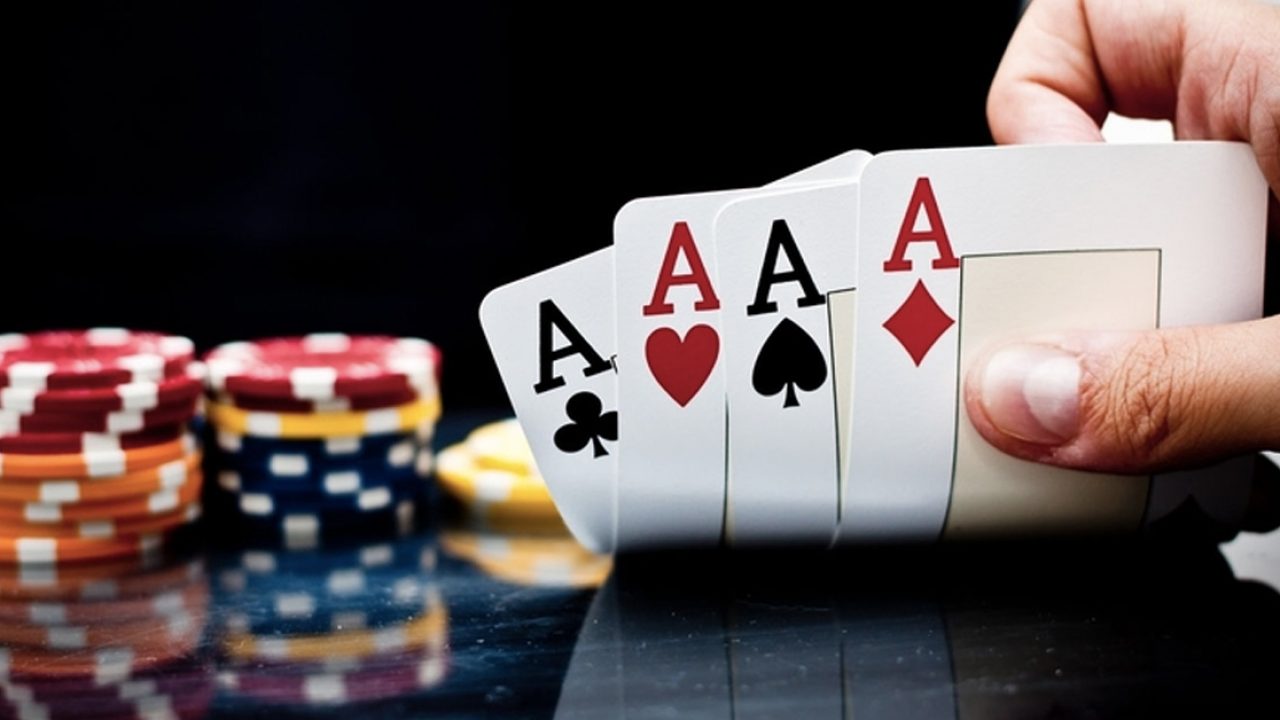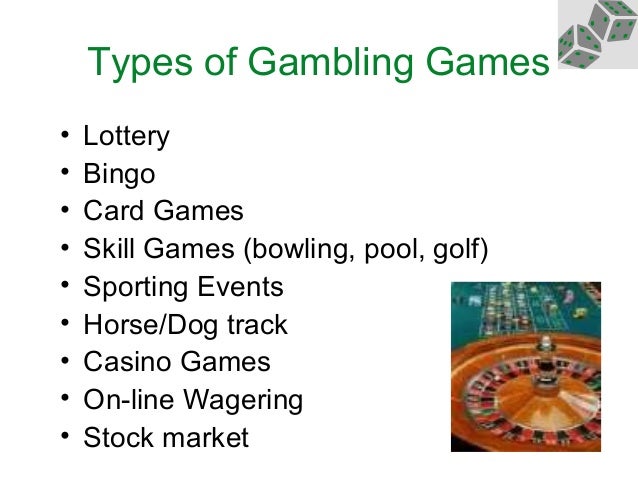Types Of Illegal Gambling
- Types Of Illegal Gambling
- Different Types Of Illegal Gambling
- Types Of Illegal Gambling In The Philippines
Dr. Robert L. Custer was the psychiatrist and medical doctor who first identified 6 categories of gambling ‘types’. These types vary from low to moderate and high risk habits. He also advocated for gambling addiction to be treated in the same way as a disease.
Gambling on such activities as cock fighting, dog fighting or many other forms of animal violence is almost always illegal due to cruelty. However, areas such as sports betting, slot machines and card games are only deemed illegal if the proper licenses haven’t been awarded. Online gambling is another polarising area. The term “unlawful Internet gambling” means to place, receive, or otherwise knowingly transmit abet or wager by any means which involves the use, at least in part, of theInternet where suchbet or wager is unlawful under any applicable Federal orState law in theState or Tribal lands in which thebet or wager is initiated, received, or otherwise made. Other Types of Wagering: Other forms of gambling takes place in the United States. 50 million Americans bet on Super Bowl office pools and March Madness brackets each year. Though it’s illegal, so many people engage in office betting that authorities look the other way in most cases. Check the law in your state. Gambling is a heavily regulated and often illegal practice. Various state and federal laws dictate the types of activities that are allowed and disallowed.
Custer believed that the basis of gambling addiction stemmed from a sense of rooted sorrow and the fear of death; he asserted that addictive gambling was a method of escaping pain, rather than a method of seeking monetary gain or recreational/social pleasure.
It’s important to state that not all of the forms of ‘gambler’ listed here are of an addictive nature. Most gamblers are actually ‘casual social gamblers’ who have a very small chance of developing a serious gambling problem.
They are more likely to illegally fix bets, and they are occupied with the illegal side of gambling. This type of gambler may have a history of unlawful behaviour and is characterised by deceitfulness, manipulation, lack of remorse, glib charm, impulsivity, irritability and aggressiveness.
According to a previous Gambling Commission report, 51% of Britons aged 18 to 24 take part in some form of gambling activity, with an ever increasing number of young people gambling. Yet, studies suggest that only 3-5% of those who do gamble have a serious problem with it.
The Six Types of Gambler
Types Of Illegal Gambling
- Professional Gamblers consider gambling to be an occupation. They do not consider themselves to have an addiction. These type of gamblers rely on calculations and statistics; they pick bets or games that they believe will win more frequently. However, even those who consider themselves to be professionals understand the inevitable risks and losses that come with gambling and eventually, they often progress into a more casual or social category of gambling – which carries less risk.
- Antisocial Personality Gamblers are persons who may have an antisocial personality disorder. They are more likely to illegally fix bets, and they are occupied with the illegal side of gambling. This type of gambler may have a history of unlawful behaviour and is characterised by deceitfulness, manipulation, lack of remorse, glib charm, impulsivity, irritability and aggressiveness.
- Casual Social Gamblers bet infrequently. For this category, gambling is just one of many forms of recreational activities. This type of gambler will have a variety of other hobbies and interests and will rarely develop problematic gambling habits. Often, if this type of gambler develops an addictive relationship to gambling, it is due to a traumatic event or big win.
- Serious Social Gamblers consider gambling to be a primary source of entertainment. This kind of gambler can control their gambling habits, however they have an increased chance of developing more detrimental gambling habits following a traumatic event, a big win or from raised levels of stress and anxiety at work or in relationships. You could liken this type of gambler to a ‘football fanatic’.
- Relief and Escape Gamblers bet to escape feelings of anxiety, depression, boredom, anger or loneliness in their personal or professional life. Often this kind of gambler displays more control than the compulsive gambler. Gambling acts for them as an emotional relief from the underlying feelings of trauma that they cannot verbalise. This type of gambler tends to be highly vulnerable, and the negative elements of their social or work life may lead to ‘chasing’ – an indicator and attribute of compulsive gambling.
- Compulsive-Pathological Gamblers have lost any element of control over their gambling habits. These persons are classified as having a pathological disorder. When gambling becomes an addiction the individual is highly likely to develop other substance abuse habits such as drug and alcohol abuse. They will experience altered moods, feel guilt and remorse about their habits, and often they will tie their self-worth to losses and wins.
Despite the negative consequences that arise from compulsive gambling, it is highly unlikely that the individual will be able to break the cycle of addiction without treatment.
All gambling providers must offer the ability to ‘self-exclude’. This is a voluntary act of barring which usually lasts between six months and two years. This scheme aids those who are worried about their gambling habits and it can even be done with online gambling sites.
In the period of October 2013 to September 2014, the Gambling Commission reported that 28,844 people in Great Britain were seeking ‘self-exclusion’ to quit cold turkey on dangerous gambling habits. 21,002 of these breached their own self-exclusion and 5,802 of these cancelled their self-exclusion after the minimum period.

Problem gambling occurs when the effects of gambling begin to interfere with your life.
Different Types Of Illegal Gambling

Types Of Illegal Gambling In The Philippines
Common signs of a problem are: money worries, stress at work and at home, arguments with friends and family, unhappiness and lethargy.
This list is not exhaustive though; for more information on identifying compulsive gambling addiction, symptoms and how to help a loved one, our very own Louise Petty wrote an informative article on how to provide help for someone with a gambling problem.